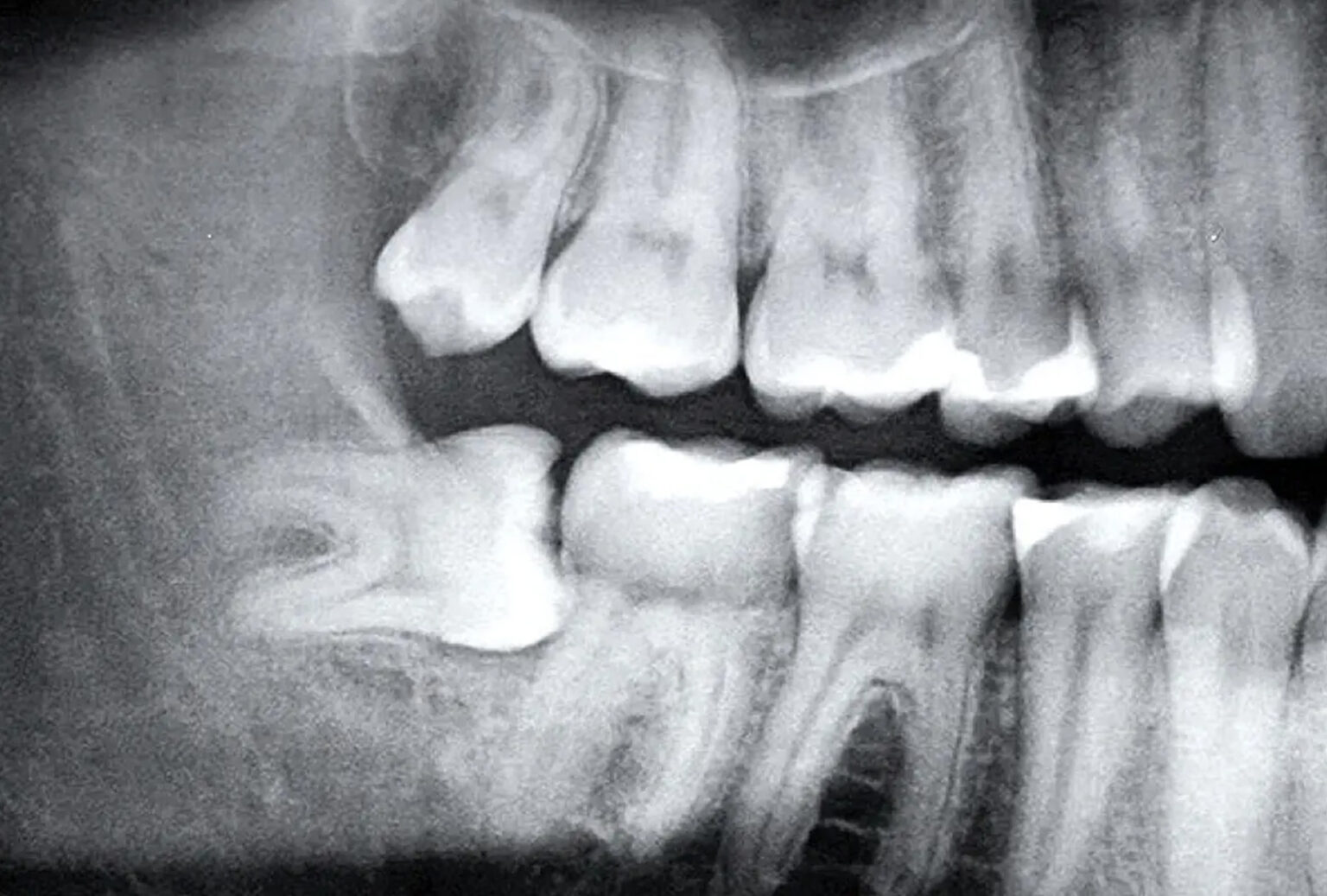-
Step by Step Process
Extraction of wisdom teeth is a surgical procedure performed by specialist physicians, minimizing the risks of infection and complications.
-
Impacted Wisdom Teeth
Impacted wisdom teeth are serious dental problems that can lead to pain and infection, and the extraction process must be meticulously planned.
Wisdom Teeth: Dealing with Pain and Problems
Wisdom teeth are the last teeth to erupt in the tooth row in adulthood. Since wisdom teeth are impacted or half impacted in most people, they can cause a number of problems, especially severe pain. Even if these teeth erupt fully, they cannot be cleaned well and can decay themselves or the teeth next to them. Some of the problems encountered during wisdom tooth extraction are as follows:
- Pain and tenderness
- Leakage around the tooth
- Bad breath
- Pain and swelling in the jaw


